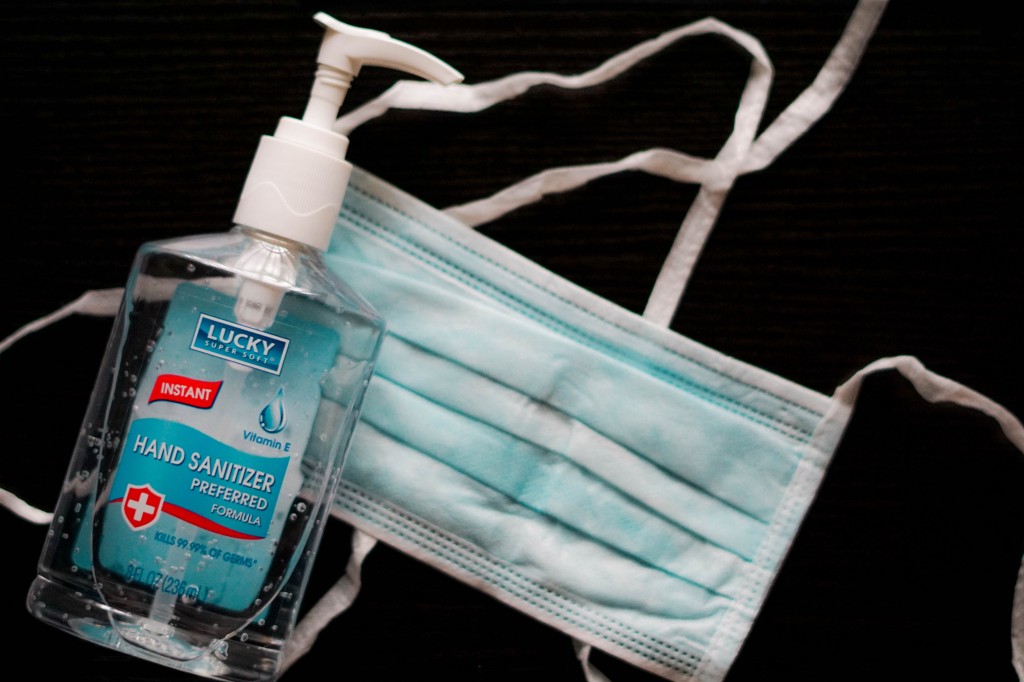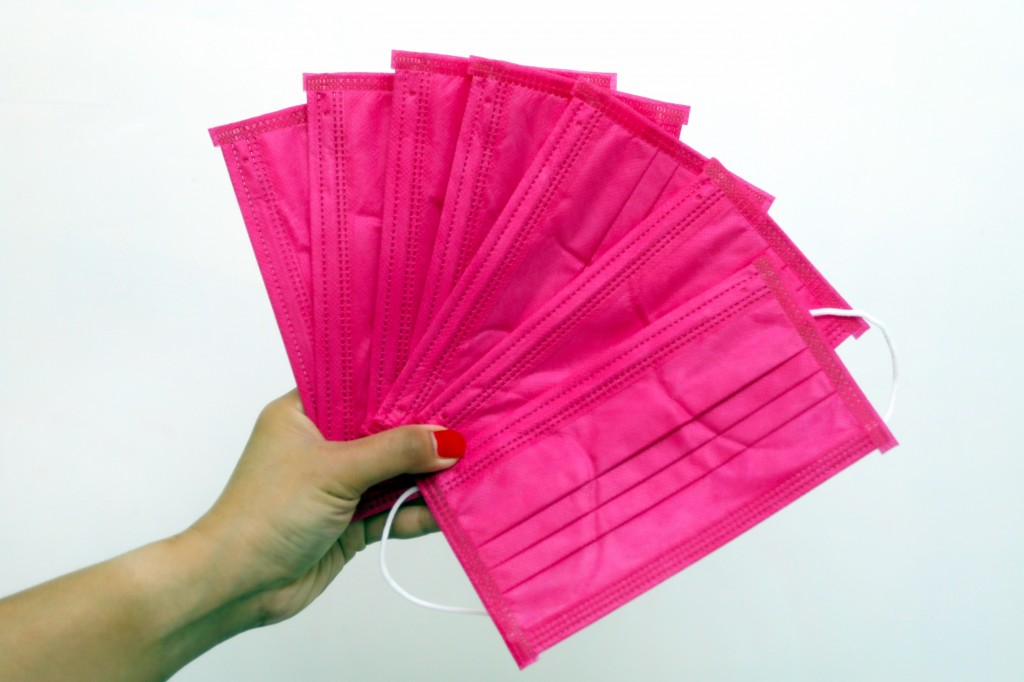Health Canada was quick to act and streamline the movement of protective equipment, sanitizer products, medical devices, and other health-related goods, in the advent of the pandemic. They did this by leaning-out the regulatory requirements for the manufacturing and importing of these goods. Of course, Canada moved on this very promptly, citing an urgent need for these goods to combat the impacts of COVID-19 in the country.
In a piece published on Mondaq’s website about Health Canada and CBSA’s response to the pandemic, counsel from law firm McCarthy Tétrault, they lay out various measures CBSA has put into place.
One of which: CBSA clearly states key information pertaining to medical supplies as a resource for importers. You can view this notice here. They ask that for these imports, the words URGENT — COVID-19 are clearly stated in the release information.
Along with this list, they share the HS codes as determined by the World Customs Organization, to clarify possible tax and duties to be paid — or possible relief from those taxes and duties.
The loosening of these regulations will only be valid until the order is removed. As of now, CBSA is allowing duty deferrals until June 30, 2020.
We covered this list when it was released in April 2020, but as a summary, WHO and WCO teamed up to create a document to help importers navigate the customs system around medical and health goods.
Recommended Reading: Medical Supplies Imports: What’s New
To go into further detail about some of the kinds of health and medical goods affected by these changes in regulations, we will continue to draw from the McCarthy Tétrault report.
Hand Sanitizers: Previously, these products would only be approved for distribution in Canada if they have approval from Health Canada — i.e. meeting various requirements. However, due to the increased demand for these goods, these requirements have been partially relaxed.

Read more about it on Health Canada’s website: Expedited access to disinfectants, hand sanitizers and personal protective equipment to help limit the spread of COVID-19, as well as swabs for testing.
Important note: importers that wish to take advantage of these more relaxed requirements must apply for (and receive!) authorization and a Site Licence.
“Note: This expedited approval process is available only for alcohol-based hand sanitizers that contain the following medicinal ingredients: Ethanol (60-80% v/v, also known as anhydrous alcohol, ethyl alcohol, grain alcohol) and Isopropanol (60-75% v/v, also known as isopropanol, 2-propanol).”
Masks & Respirators: These products are considered essential under this order, as such, Health Canada has made the registration, importation, and distribution more efficient. Even so for products that do not fully meet Health Canada’s requirements.

Importers have previously been required to get a Medical Device Licence (MDL) and a Medical Device Establishment Licence (MDEL). However, there are some departures from the requirements to make this process easier.
Making sense of these regulatory shifts can be a challenge, as importers look for ways to bring commercial goods into Canada. And contextually, there is an extra layer of urgency for medical and health goods as well.
As requirements are relaxed and interim orders are put in place, importers must keep themselves apprised to the changes going on at a regulation level.
Partnering up with a customs broker eliminates much of the pressure for importers to stay informed and compliant at all times. In turn, these partnerships can save importers a lot of time and resources, which is critical especially during uncertain economic times.
If you would like to learn more about what a customs broker can do for importers looking to move medical and health goods, start a conversation here.

 Payment
Payment  My Account
My Account